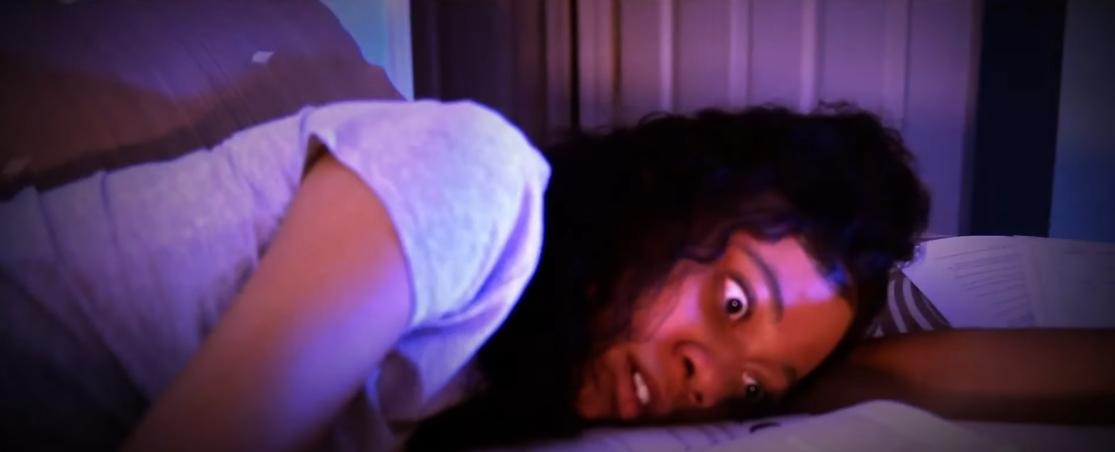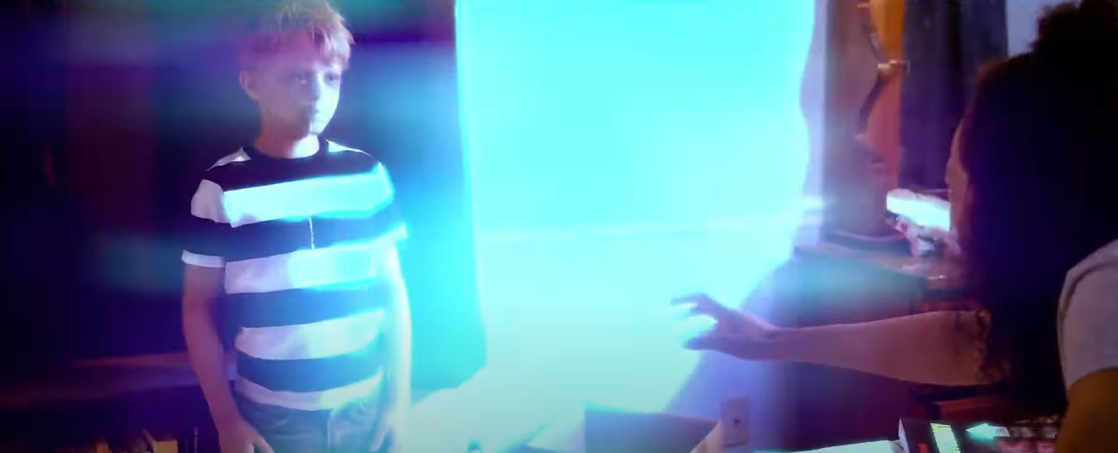Aaron Crocker’s Poison Tree is a small, quietly unsettling psychological thriller about guilt, secrets, and the impossibility of truly starting over. Adam and Nichole Benson (Matthew Sharpe and Whitney Richardson) move to a sleepy suburban neighborhood hoping to leave behind their troubled pasts—but a disturbing discovery in their new basement suggests that some things refuse to stay buried.
At first glance, Poison Tree seems like a familiar domestic horror setup. But instead of relying on cheap jump scares or gore, Crocker opts for atmosphere and emotional claustrophobia. Much of the film unfolds in lingering, talk-heavy scenes that feel uncomfortably intimate—two people trapped not only in a house, but in their own unresolved history. The pacing is slow, but deliberately so, forcing the audience to sit with the tension rather than run from it.
The performances from Sharpe and Richardson are the film’s strongest asset. Their dialogue feels unforced and lived-in, the kind of naturalistic back-and-forth that grounds the story in something real even as strange things begin to happen around them. When the script allows moments of quiet—sideways glances, hesitation, the kind of silence that says more than words—it’s genuinely effective.
That said, Poison Tree struggles with some of the usual pitfalls of micro-budget filmmaking. The sound mix is rough in several places, with muffled dialogue that occasionally makes it hard to follow the conversation. Viewers online have complained about inconsistent audio and abrupt editing, and those criticisms aren’t without merit. For a film so dependent on dialogue and subtle mood, the technical issues are distracting.
There’s also a certain emotional distance to the story. None of the characters are particularly likable, and by the time the final act spirals into violence, it’s difficult to know how we’re supposed to feel—shocked, saddened, or simply relieved it’s over. Yet, that moral ambiguity might be part of the point. Crocker seems less interested in resolution than in depicting the psychological rot beneath the surface of everyday life.
Even with its flaws, Poison Tree lingers. The mystery of the buried bones, the arguments that echo through empty rooms, the quiet implication that every neighborhood hides something—it all adds up to an unnerving meditation on guilt and denial. It’s the kind of low-budget indie that rewards patience, offering more depth than its rough edges might suggest.
Verdict: Despite uneven sound and a few pacing stumbles, Poison Tree succeeds as a haunting, slow-burn psychological drama. It’s a film about what festers when the past refuses to die, and though imperfect, it leaves a mark.
Jessie Hobson



